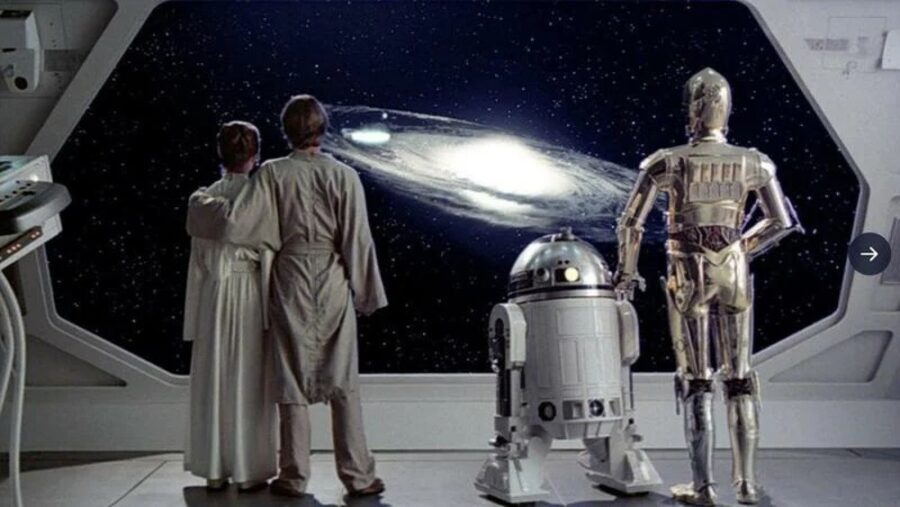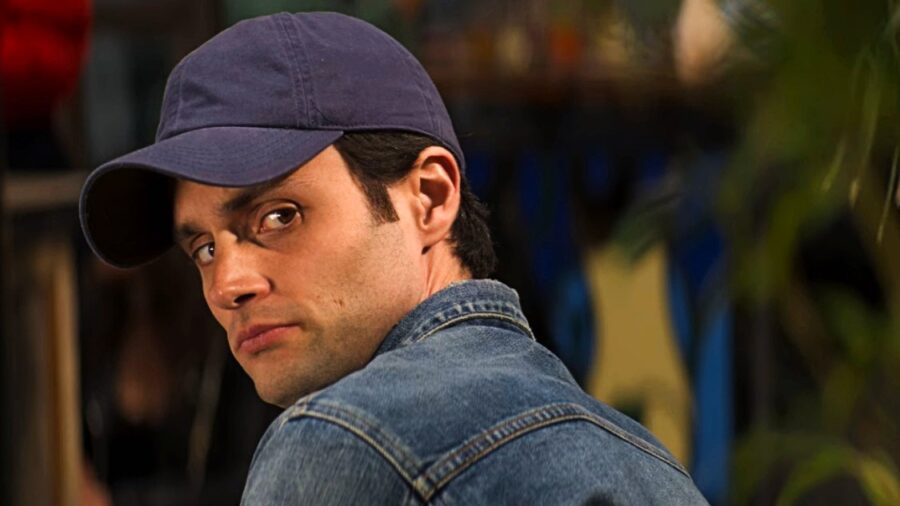Cliffhanger Endings Are No Longer Possible, Netflix Data Reveals
Netflix has the data to back up the death of the cliffhanger.

Netflix, like most streaming services, is shy about sharing data with the public. Insider J. Michael Straczynski, the creator of Babylon 5 and Sense8, shared on Twitter a glimpse behind the Netflix curtain. According to Netflix’s findings, cliffhanger endings are no longer effective; viewers watch the beginning of the next episode to satisfy their curiosity.
“Streaming has changed cliffhanger endings,” wrote Straczynski. “I was told by a Netflix exec that people binging will watch two episodes then about 10 minutes of the next one, just long enough to resolve the cliffhanger then go to bed.”
Straczynski’s comment came as part of a larger conversation on Twitter. One user tweeted at Straczynski directly to ask why other Hollywood writers were failing to match the success of Straczynski’s beloved projects. They called out streaming shows for playing like overlong movies that do not deliver “satisfying individual episodes.”
Straczynski put the blame on studio interference. “There are many TV writers far more talented than myself,” he said. “But that doesn’t matter if the structure stifles creativity.”
The sentiment about a lack of satisfying individual episodes was echoed by others jumping into the conversation. One user observed that, of all distributors, Netflix should be the least concerned with cliffhangers.
The streaming service routinely releases entire seasons of television at once with the understanding that many viewers come to Netflix to binge-watch, eliminating the need to get an audience to return to the same show week after week.
According to Straczynski, Netflix has the data to back that up. Netflix users are bypassing cliffhanger endings by satisfying their curiosity at will. Even viewers who are not binging can add 10 minutes to their viewing experience to prevent being irked by any burning questions.

Straczynski’s insight did not imply that Netflix plans to change how its shows are written to accommodate the phenomenon of cliffhanger bypass. But Netflix and its competitors play a data-driven game, and its most recent findings could very well cause adjustments in the writer’s rooms of its shows.
As viewing habits and methods evolve, the projects themselves are racing to keep up. A longtime veteran of the television industry, Straczynski is no exception.
The writer and producer is stepping away from Sense8’s Netflix home to work with Warner Bros on his recently announced Babylon 5 animated film. The writer announced the film on Twitter, promising more details about the project soon. Straczynski is also the creator of the upcoming sci-fi series Red Mars, which chronicles early settlers’ colonization and terraforming efforts on the red planet.
The progress of Straczynski’s projects may be impeded by the Writers Guild of America’s recently authorized strike. It went into effect after the WGA and the Alliance of Motion Picture and Television Producers failed to renegotiate a contract by the May 1 deadline.
The AMPTP represents the interests of major studios and networks, including Netflix, Warner Bros., NBC Universal, Paramount, Amazon, Disney, Apple, and more. The strike has resulted in an immediate work stoppage for all writers in Hollywood, impacting the progress of major films and TV shows across the entertainment spectrum.
How the strike will end is one cliffhanger that people will have to wait out the old-fashioned way.











